City University of Hong Kong (CityUHK) plays a significant role in empowering low-income households living in transitional housing by becoming one of the incubation partners of JC PROJECT LIFT which is created and funded by The Hong Kong Jockey Club Charities Trust. The project will collaborate with 18 partners to assist families living in transitional housing to grasp new opportunities in future social development and embrace new possibilities for a better life.
Leveraging CityUHK’s strengths in analysing social problems and human behaviour by means of evidence-based and theory-informed academic research, CityUHK works together with core project partners and stakeholders to co-create Family Capacity framework in order to customised development plans tailored to each household’s specific strengths and needs, promoting growth and advancement on a familial level. Also, a team of professional Family Capacity Building Planner (FCBP)TM comprising over 100 people will be trained and supervised with funding of HK$45 million.

“It is good that our faculty team can contribute to this project and make use of their direct work experience in transitional housing to address poverty,” said Professor Chan Chi-hou, Vice-President (Community Engagement). “CityUHK will continue to engage the local community via various projects that leverage the University’s strengths and serve the community.”

Led by Professor Chan Siu-ming, in the Department of Social and Behavioural Sciences, CityUHK will equip the FCBPs with ongoing on-the-job training and provide individual supervision support, working closely with the households on a long-term basis to enhance their Family Capacities and develop sustainable livelihoods. Over 40 FCBPs have completed the basic training from CityUHK so far.
The programme, which was officially launched on 20 April, will initially benefit approximately 14,000 families in 25 transitional housing projects across the city. Professor Chan said he was pleased to participate in this innovative and meaningful project. “Our aim is to improve the living conditions of the families, helping them to break the cycle of poverty in the long run and live with autonomy,” said Professor Chan.
The project is based on the successful Graduation Approach used in rural settings overseas, but it has been customized to address the challenges of poverty in the modern urban environment using the Urban Graduation Approach (UGA). The project aims to equip individuals and families with the tools and support needed to not just survive but thrive, redefining their futures towards lasting prosperity.





